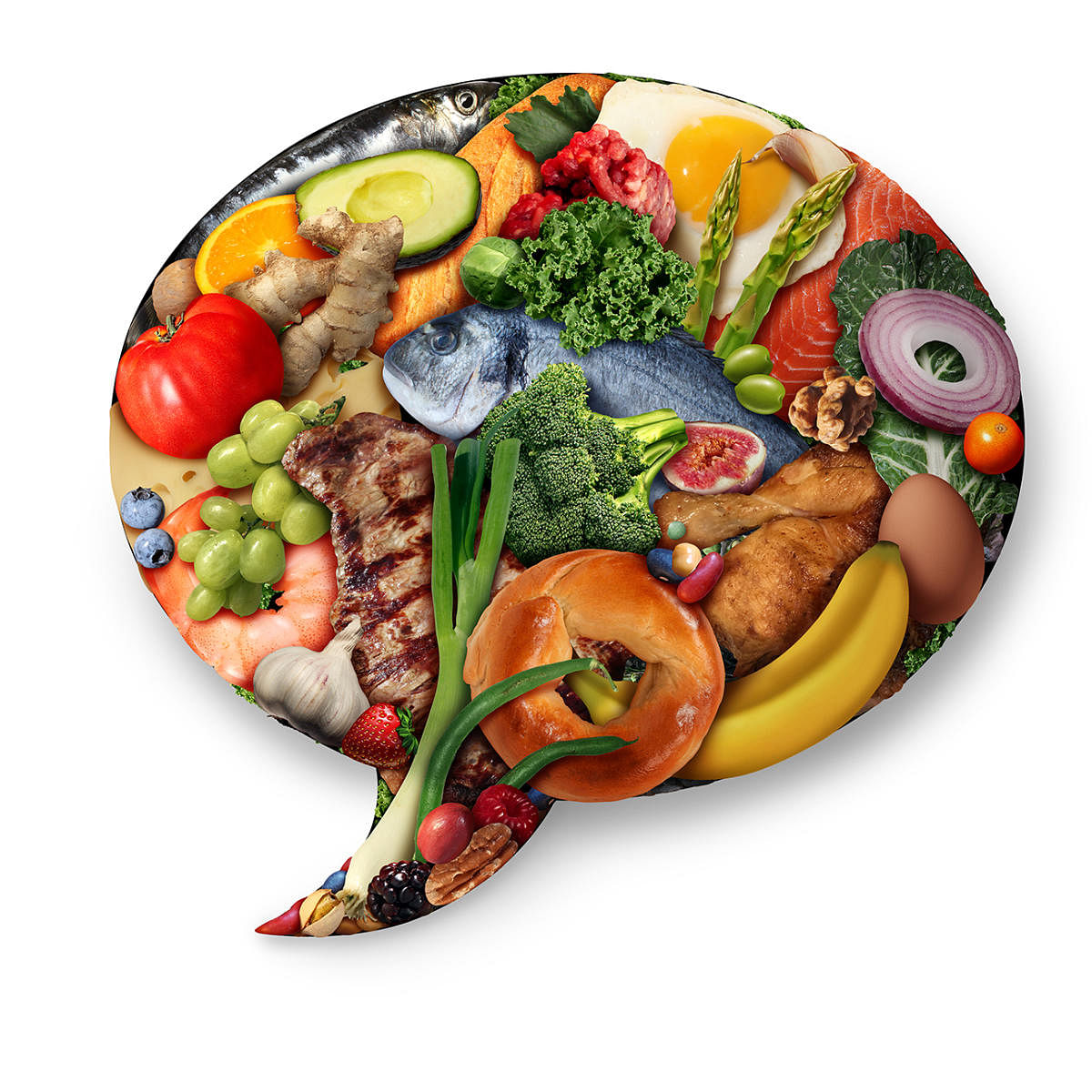
National Protein Week is celebrated every year to create awareness about protein consumption and to bust myths related to it. The latest edition was observed between July 24 and 30.
Don’t worry if you have missed the event because Metrolife caught up with two health experts from Bengaluru to do the protein talk.
Back to basics
This is Class 5 knowledge but an important one to keep in mind: Proteins are the building blocks of our body and they help in the growth, maintenance and repair of cells and tissues.
“Proteins help in weight management and they also boost the immunity and metabolism,” says Priyanka Ramaswamy, co-founder of Nutribee, a women-run enterprise of nutritious snacks.
“The recommended amount of protein for a healthy Indian adult is around 0.8 g per kg body weight,” says Sheela Krishnaswamy, who’s a nutrition and wellness consultant in the city. Ramaswamy explains with an example, “If a person weighs 60kg, then he or she should consume 48g to 60g of proteins per day.”
This intake, however, can vary because of age, gender, weight, fitness level or illnesses. Among women, the amount will differ depending on whether they are pregnant or lactating.
Krishnaswamy is quick to lead us to the sources of proteins: “Vegetarians can consume dal, pulses, nuts, seeds, milk, and milk products whereas non-vegetarians can have eggs, meats, and fish.” Greek yoghurt, soy products like tofu and tempeh, nutritional yeast and spirulina also pack a sufficient amount of proteins, Ramaswamy adds to the list.
Information is power
The world of food is shrouded with myths, one that is coming in the way of proteins. “It is a misconception that only bodybuilders and athletes require proteins. Just like water, everybody must include proteins in their daily diet,” Ramaswamy clarifies.
Taking on another misbelief, Krishnaswamy says protein-rich foods are not difficult to digest unless a person has gut-related problems or intolerance to certain protein foods. “If a person has queries about the daily diet, he/she should consult a dietician instead of getting misled by others, who aren’t qualified in the subject,” she insists.
These myths must be addressed with urgency as Krishnaswamy explains, “The deficiency of protein can lead to a loss of muscle mass, reduced immunity, hair loss, brittle nails, weakness, and delayed recovery from injury or illness.” It can lead to stunted growth among children, Ramaswamy expresses her concern.
The pandemic has upended our lives on many fronts, eating habits included. While the stay-at-home routine has got more people to concentrate on mental health and eat home-cooked foods over junk food, Krishnaswamy has seen the contrary and that worries her. A few children and adults in the city have started consuming high-calorie, high-fat, high-sugar and unhealthy food since the pandemic broke out, she says.
That’s why initiatives like the National Protein Week assume bigger importance. Krishnaswamy says, “This initiative not only brings awareness about the importance of proteins but also shows people how they can take care of their health and well-being.”
And so, she would like to see the campaign run for more than a week and reach more people. Roping in the influencers to spread the message on social media would also be a good way to connect with the youth, she goes on to add.
Krishnaswamy acknowledges that campaigns like this provide insights and information about essential nutrients, which people may not have access to otherwise. “Lectures and group discussions on the benefits of proteins, among other nutrients, will also help immensely. Media also plays a pivotal role in disseminating authentic information to the public,” she signs off.
Watch your diet
For vegetarians: Dals, pulses, beans, nuts and seeds (almonds, peanuts, pumpkin seeds), dairy products (milk, curd, paneer, cheese, greek yoghurt), soy products (tofu and tempeh)
Non-vegetarians: Egg whites, fish, lean meat including chicken and
turkey.